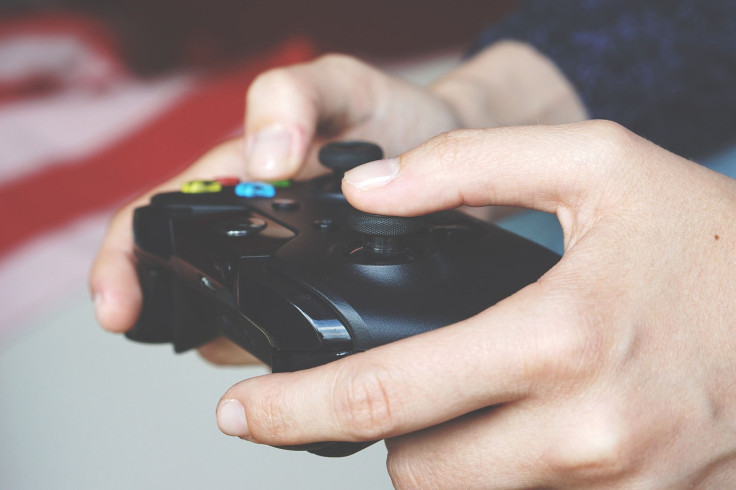9 In 10 Parents Now Complain About Teens’ Gaming Habits

Gaming disorder is a phrase used by the World Health Organization (WHO) to describe what's basically an out of control addiction to video and online gaming -- especially among the young. In 2018, WHO thought seriously enough about gaming disorder to include it the 11th Revision of the International Classification of Diseases (ICD-11).
ICD-11 describes gaming disorder as a pattern of gaming behavior (wither digital-gaming or video-gaming) characterized by impaired control over gaming. Persons give more priority given to gaming over other activities to the extent gaming takes precedence over other interests and daily activities, and continuation or escalation of gaming despite the occurrence of negative consequences.
WHO said the inclusion of gaming disorder in ICD-11 will result in the increased attention of health professionals to the risks of development of this disorder and to relevant prevention and treatment measures.
Worried American parents now appear more worried than ever before about gaming addiction among their children. The C.S. Mott Children's Hospital National Poll on Children's Health said 86 percent of parents agree teens spend too much time gaming. Parents also admit gaming often gets in the way of other aspects of their teen's life. Excessive gaming intrudes into family activities and interactions (46 percent), sleep (44 percent), homework (34 percent), friendship with non-gaming peers (33 percent) and extracurricular activities (31 percent).
The poll showed twice as many parents saying their teen boy plays video games every day compared to parents of teen girls. Teen boys are also more likely to spend three or more hours gaming every day.
Parents use different strategies to limit the amount of time their teen spends gaming. These methods include encouraging other activities (75 percent), setting time limits (54 percent), providing incentives to limit gaming (23 percent) and, of course, hiding gaming devices (14%).
"Although many parents believe video games can be good for teens, they also report a number of negative impacts of prolonged gaming," Dr. Gary Freed, Mott poll co-director pediatrician, said.
"Parents should take a close look at their teen's gaming behavior and set reasonable limits to reduce harmful impacts on sleep, family and peer relationships and school performance."
Limiting the time teens play is a tough challenge, though. The poll showed among parents of daily gamers, 54 percent reported their teen plays three or more hours a day. This compared to only 13 percent of teens that don't play every day. Only13 percent of these parents believe their teen spends more time gaming than others. Seventy-eight percent believe their teen's gaming is less than or about the same as their peers.
"Many parents of frequent gamers have a misconception that the amount of time their teenager spends playing video games is in line with their peers," according to Dr. Freed.
Published by Medicaldaily.com



























